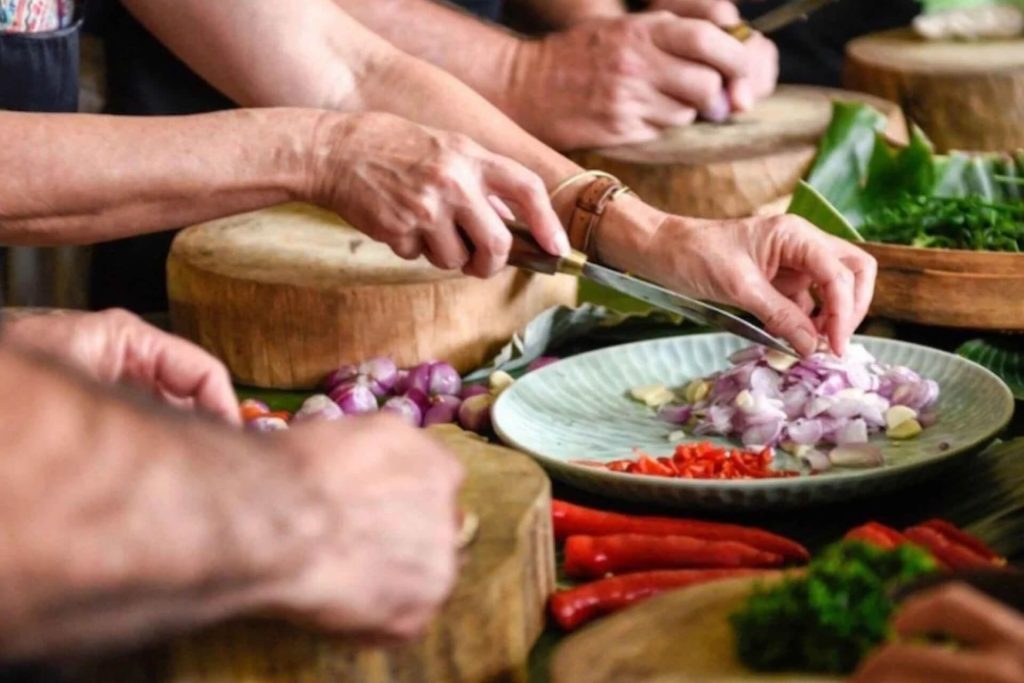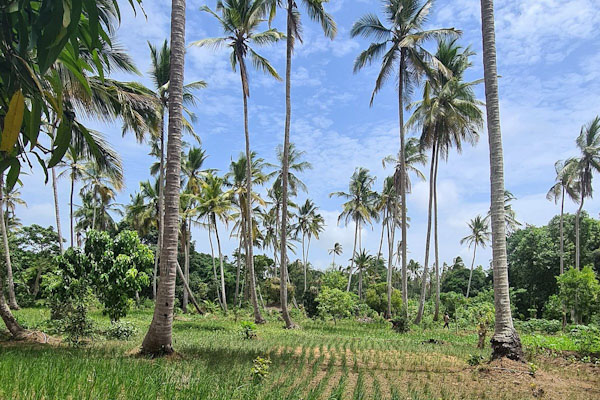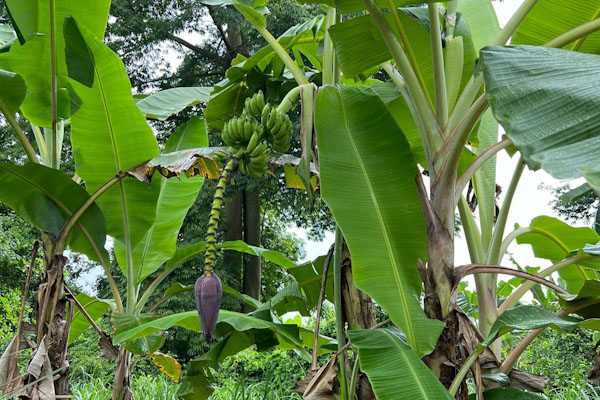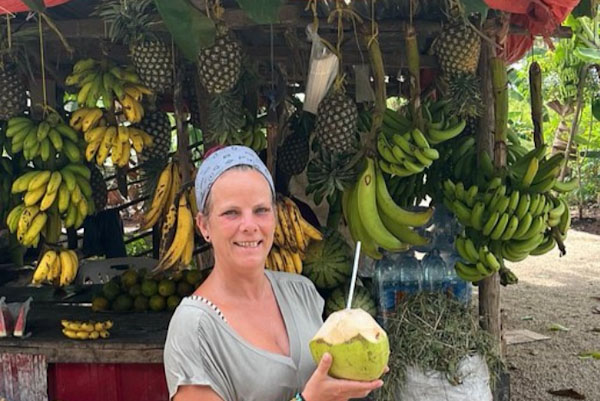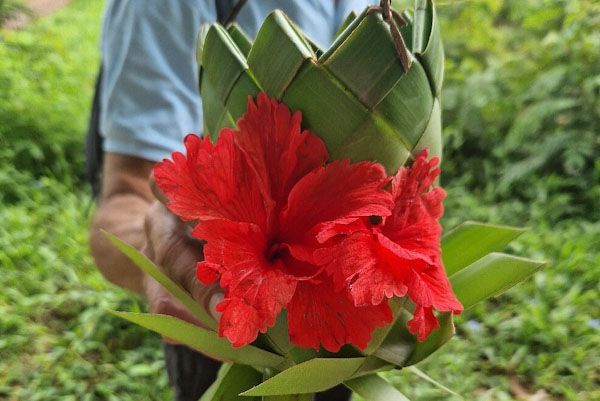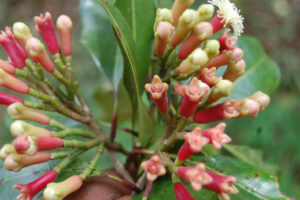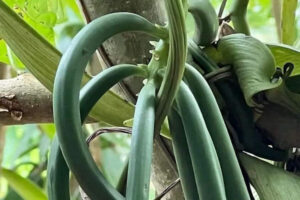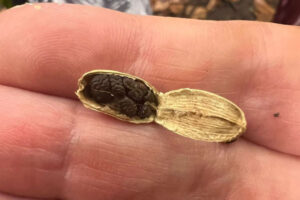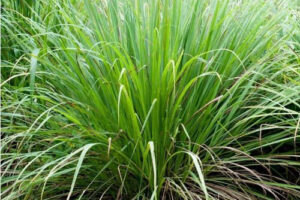The Spice Experience
A Journey Through the Spice Farms of Zanzibar:
A Feast for the Senses
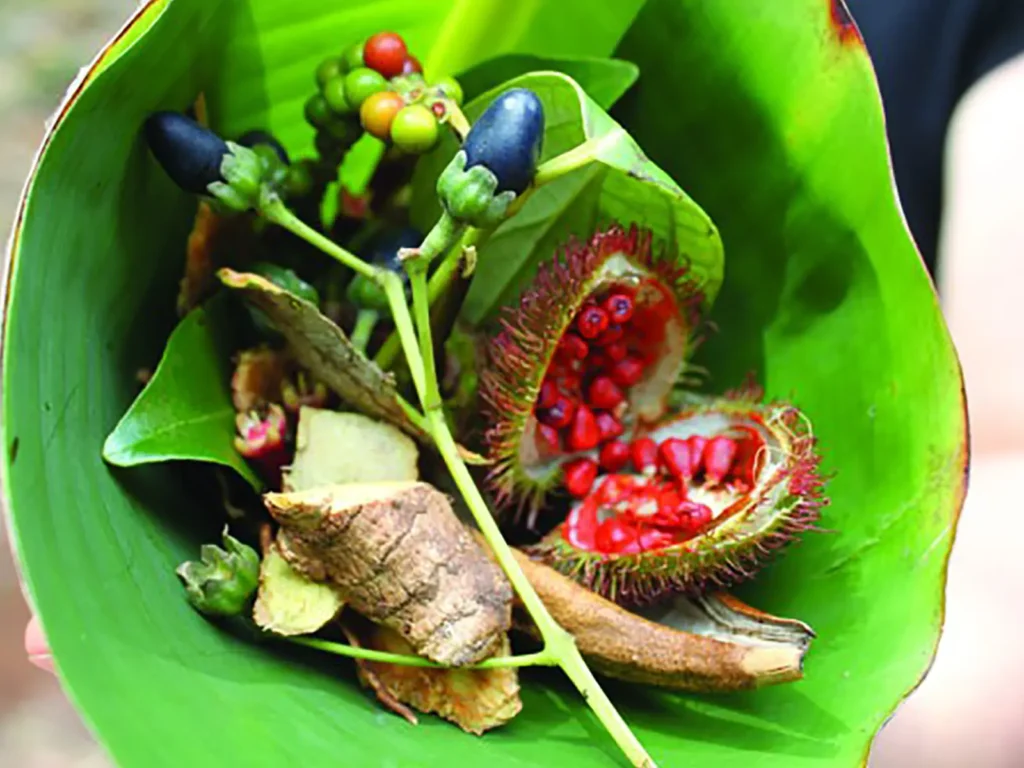
Tucked away in the lush, emerald heart of Zanzibar, the island’s spice farms offer a sensory experience unlike any other. Visiting one is not just a tour – it is an immersion into the soul of the island, a fragrant passage through history, culture, and natural healing traditions.
As you step onto the sun-warmed, red earth of a spice plantation, the air transforms. You’re no longer simply breathing – you’re inhaling stories, centuries old. The breeze is heavy with the sweet sharpness of cloves, the warmth of cinnamon, the citrus notes of lemongrass, and the earthy perfume of turmeric.
A local guide smiles, plucks a leaf, and crushes it gently between his fingers. ‘Smell this,’ he says. The scent of fresh clove floods your senses. Walking further, you’re introduced to vanilla vines curling around trees, nutmeg fruits bursting open to reveal vibrant red mace, and roots of ginger and turmeric freshly unearthed from the soil.
This is not a spice shop – it’s a living, breathing encyclopedia of flavor and healing.
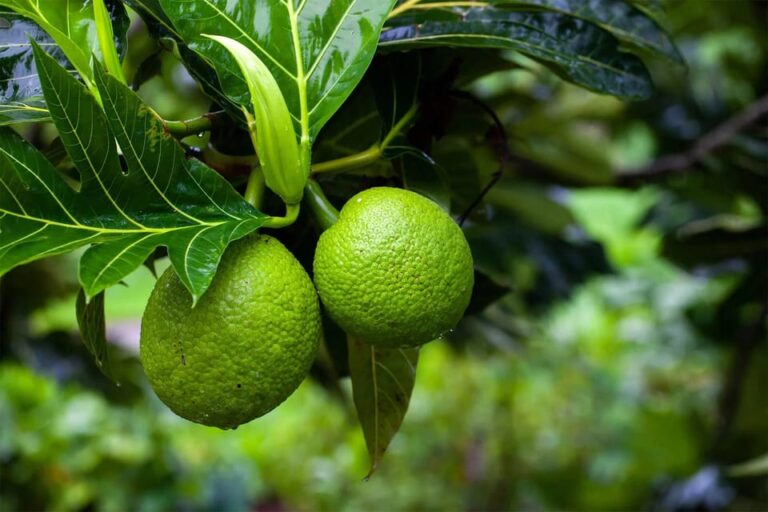
Zanzibar’s Signature Spices, Harvest Seasons & Medicinal Benefits
Cloves
Season: July – September
Healing Uses: Antiseptic, anti-inflammatory, and pain-relieving. Used for toothaches, coughs, and digestion. Clove oil also supports circulation and relieves stress.
Cinnamon
Season: June – October
Healing Uses: Balances blood sugar, relieves colds, eases cramps, and supports heart health. Its antibacterial properties are valued in traditional medicine.
Cardamom
Season: March – May & October – December
Healing Uses: Aids digestion, freshens breath, reduces inflammation, and boosts circulation. Cardamom tea is used as a detox and natural mood enhancer.
Nutmeg & Mace
Season: August – October
Healing Uses: Nutmeg calms the nervous system, supports sleep, and eases joint pain. Mace shares similar effects and is used to soothe stomach discomfort.
Vanilla
Season: June – August
Healing Uses: Promotes relaxation, reduces anxiety, and supports emotional balance. Often used in aromatherapy and natural skin care.
Turmeric
Season: Year-round (best in rainy seasons)
Healing Uses: One of nature’s strongest anti-inflammatories. Supports liver health, boosts immunity, and soothes arthritis and skin conditions.
Ginger
Season: Year-round
Healing Uses: Eases nausea, aids digestion, improves circulation, and strengthens the immune system. Also used for colds and respiratory health.
Lemongrass
Season: Year-round
Healing Uses: Reduces anxiety, treats fever and digestive issues, and acts as a natural antiseptic. Often used in teas and essential oils.
Spice Farms in Zanzibar
Mtoni Marine Spice Farm
Location: Near Stone Town
Highlights: Quick tour, ideal for short visits, close to town.
Kizimbani Spice Farm
Location: Central Unguja
Highlights: Full immersion, traditional Swahili lunch, excellent for first-timers.
Tangawizi Spice Farm
Location: North of Stone Town
Highlights: Strong focus on herbal medicine and traditional healing.
Kisiwani Spice Farm
Location: Off the main road, quieter setting
Highlights: Personal, small group tours and authentic local atmosphere.
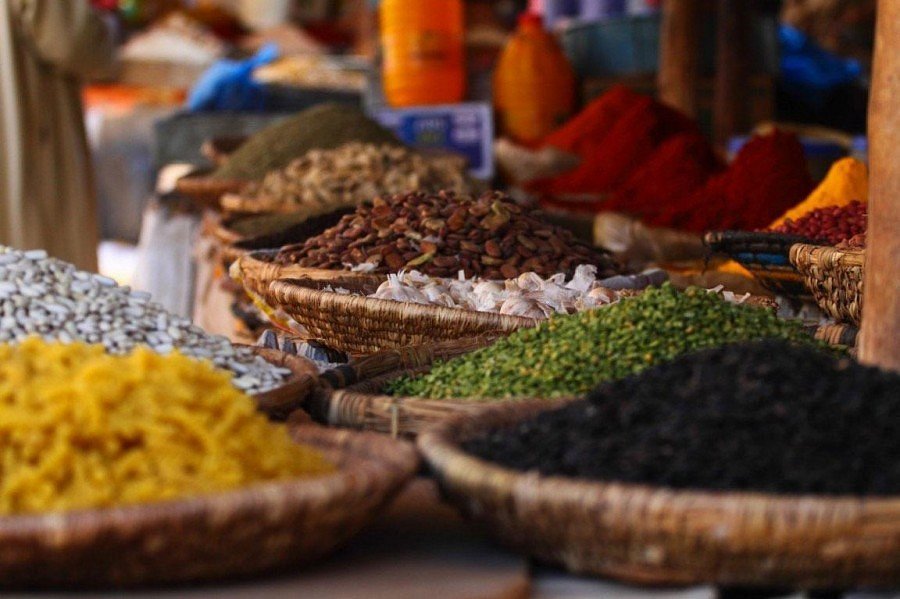
Practical Tips for Your Visit
Wear breathable clothing and sturdy shoes – paths can be muddy or uneven.
Bring insect repellent.
Mornings are best – it’s cooler, and the plants are more aromatic.
Support local farmers – buy spices, teas, and oils directly at the farm.
Be curious – guides love sharing their deep knowledge of spice culture and healing traditions.
Don’t miss the spiced tea at the end of your tour – often brewed from clove, lemongrass, cinnamon, and cardamom.
Why a Spice Farm Visit Belongs on Your Zanzibar Itinerary
Zanzibar’s spice heritage is more than economic – it’s cultural, historical, and deeply spiritual. The spice trade shaped the island’s identity, drawing influences from Arabia, India, Persia, Africa, and Europe. The knowledge of how to grow, use, and heal with these spices has been passed down for generations.
A spice farm visit is not just something to see – it’s something to smell, taste, feel, and remember.
As your guide weaves a crown from palm leaves and places a clove blossom behind your ear, you realize you’re taking more than photos with you. You’re carrying the scent of the island, the warmth of its people, and a deeper connection to the plants that continue to shape Zanzibar’s story.
'When you play the flute in Zanzibar, all of Africa dances'
This proverb, while not directly about spices, alludes to the profound impact of Zanzibari trade and culture, including the spice trade, on the broader region.
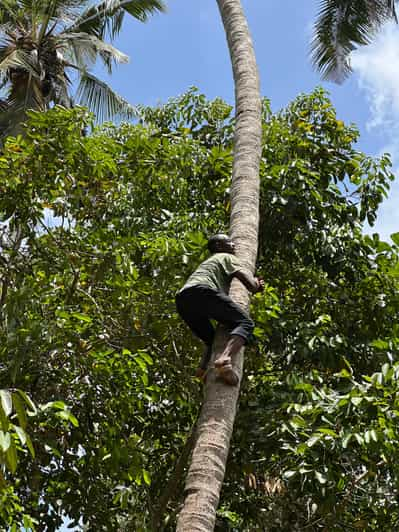
Bonus Highlight:
Cooking Class – From Spice Farm to Kitchen
After the sensory adventure of a spice farm tour, one of the most rewarding experiences is taking part in a traditional Zanzibari cooking class. It’s a perfect way to put those freshly learned spice skills into action and understand how locals use cloves, cinnamon, turmeric, and other spices in everyday meals.
Many farms or local tour operators offer the option to continue the day with a hands-on cooking session, often held in an open-air kitchen or a village home. Led by local chefs – often Swahili women who have inherited recipes from their mothers and grandmothers – the classes are warm, welcoming, and incredibly flavorful.
You’ll learn to prepare dishes like:
Zanzibar pilau – a fragrant rice dish seasoned with cinnamon, cardamom, and cloves
Vegetable coconut curry – cooked with turmeric, ginger, and fresh coconut milk
Urojo soup – a spicy street food favorite full of textures and tang
Chapati – handmade flatbread, soft and golden from the pan
What makes the experience truly special is the connection between the spices you saw growing in the ground just hours earlier, and the flavors now coming alive in your dish. It’s more than cooking – it’s cultural storytelling through food.
Tip for our guests: Our spice farm guide offer a cooking class.
From soil to spoon, a Zanzibari cooking class is the perfect way to complete your spice journey.
